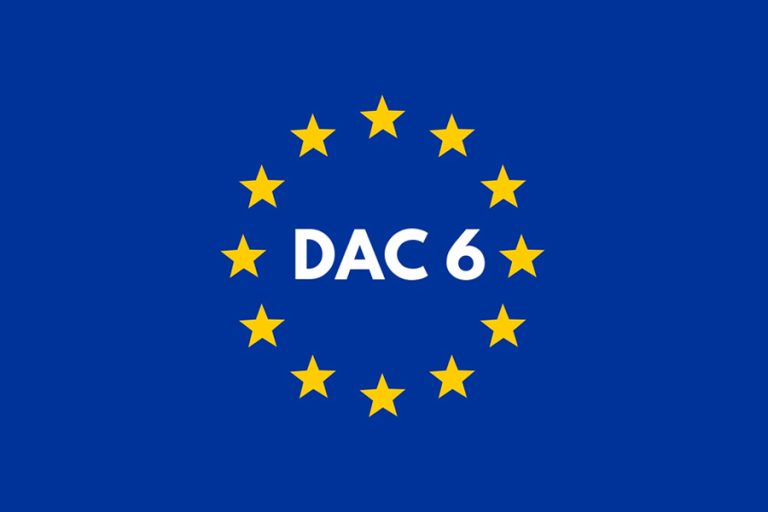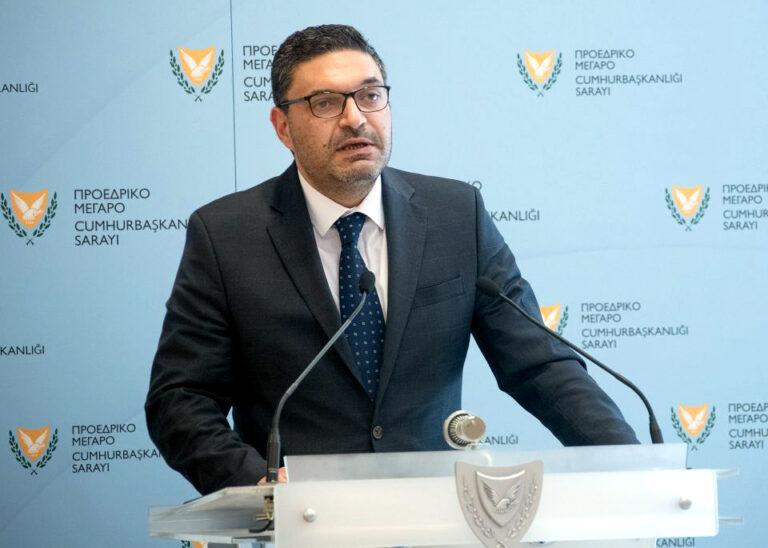Nicosia – The Cyprus government declared yesterday a state of emergency due to the coronavirus (Covid-19) pandemic and essentially locked down the country.
In a press conference following day-long meetings at the Presidential Palace, Cyprus President, Nicos Anastasiades, stressed the times are critical and that the island is experiencing a state of emergency.
“What is needed, and I would like to stress this once again, is a sense of responsibility and social solidarity on the part of each and every one individually to deal with the critical situation we are facing,” he said.
He, and his Ministers of Health, Finance and Labour, went on to announce a series of hard- hitting measures, aiming at combatting the virus.
Only Cypriots will be allowed into the country provided they produce a medical clearance, and those who do arrive in, will be placed in a compulsory quarantine for two weeks.
Operations of many private businesses are suspended, including department stores, nightclubs, hotels and malls and a €700m stimulus package, which includes a reduction in VAT from 19% to 17% for two months, was announced to assist the economy.
Other private businesses are allowed to continue operating, for the time being.
Civil servants will work from home wherever possible while non-vital services will operate with skeleton staff.
Specifically:
Between 6pm on 16/3/2020 and 30/4/2020, entry to the Republic of Cyprus will only be granted to individuals who fall under the categories listed below, provided that, upon arrival, they are able to submit a medical certificate, issued no more than 4 days before, showing that they have been tested for coronavirus by certified medical centers in their country of origin:
- Cypriot citizens.
- Legal residents in the Republic of Cyprus.
- European nationals or third-country nationals working in the Republic.
- Nationals of countries who are in a designated diplomatic service or mission under bilateral or international Conventions.
- European or third country nationals attending educational institutions in the Republic of Cyprus.
- Individual cases of European nationals or third-country nationals for unavoidable professional obligations, provided that the relevant permit has been obtained from the competent Ministry.
All travellers returning to Cyprus from abroad, regardless of their country of origin, will be placed under a 14-day compulsory quarantine at accommodation facilities designated by the government.
Cypriot students who choose to remain overseas for the Easter holidays will be subsidised by the state with €750.
Many private businesses that serve consumers, such as cafes, will be closed as of today and for four weeks.
The decision covers malls, department stores, cinemas, theatres, libraries, museums, archaeological sites, betting shops, casinos, sports venues and clubs, theme parks, barbershops and hairdresser salons, beauty parlours, cafes, bars, and all food and beverage businesses excluding those that only do delivery and take away.
Supermarkets, pharmacies, private health services, bakeries, kiosks, and petrol stations will remain open under certain conditions.
Other private business, such as law and accounting firms, will remain open for the time being, “as long as they follow strict hygiene measures for the protection of their premises and staff.”
Hotels must suspend their operations until April 30. They will be given six days to be able to serve their existing guests.
As part of the measures, Archbishop Chrysostomos called on the faithful to avoid churches for three weeks.
All schools on the island, both public and private, have been closed since Friday, 13 March 2020.
The Ministry of Labour, Welfare and Social Insurance’s measures to support employment, workers and vulnerable groups of the population from the effects of the coronavirus protection measures are expected to cost an estimated €159 million.
The measures include the granting of leave to workers in the private sector who have to stay home to take care of their children, unemployment to workers where the companies suspended operations or they will suffer a 25% reduction in turnover due to coronavirus protection measures, sickness benefits, and more.
Parents in the private sector with children up to 15 years of age, will be allowed special parental leave for up to four weeks, not including holidays, and a grant of up to €1.000 euros will be given.
Regarding those businesses that have has been decided to suspend their operations and those that will continue to operate, but will have suffered a loss of turnover of more than 25%, a business suspension plan will be introduced to avoid layoffs. At the same time, affected employees will receive unemployment benefit for as long as the business is suspended. The cost of the plan is estimated at €110 million.
In addition, companies employing up to 5 persons will receive a 70% subsidy for their employees’ salary costs provided that these companies retain their employees at work and have a reduction in their turnover by more than 25%.
Workers who are facing special health problems and are included in the list which the ministry of Health will announce and need to stay home to protect their health, will receive a €800 grant on a monthly basis.
To help self-employed workers the sickness benefit will be paid in exactly the same way as employees, from the fourth day instead of the ninth as it is today. It was also decided to extend the timeframe to appeal to Social Security for self-employed for one month until 30 April 2020.
At the moment, there are 33 confirmed cased of Covid-19 on the island and the numbers are rising.




